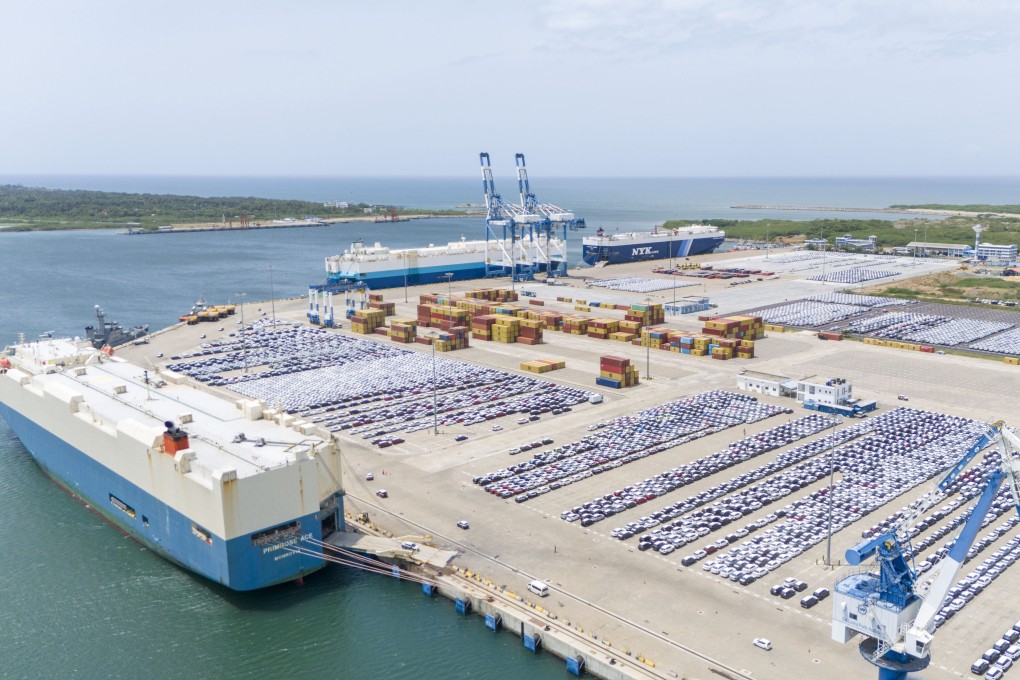‘Unwelcome news’: should India be worried about Sri Lanka and China’s growing cooperation?
The new deals ‘signal a deepening of China’s influence in Sri Lanka’ and revive concerns of a debt trap, analysts say

China’s record US$3.7 billion investment in a Sri Lankan oil refinery has sparked fresh security concerns in India, analysts say, as New Delhi sees the growing Chinese presence near its borders as a strategic threat.
During Sri Lankan President Anura Kumara Dissanayake’s visit to Beijing last week, where he held talks with his Chinese counterpart Xi Jinping, both sides signed the refinery deal – which Colombo has described as its biggest-ever foreign investment agreement – alongside 15 other agreements aimed at expanding bilateral and maritime cooperation.
Chinese company Sinopec plans to construct the cutting-edge oil refinery at Hambantota, whose port has already been leased to China Merchants Port Holdings Company Limited (CM Port) for 99 years at US$1.12 billion after Sri Lanka was unable to repay a huge Chinese loan that it had taken to help revive its economy.
Sri Lanka declared bankruptcy in 2022 and halted repayments on some repayments on some US$83 billion in domestic and foreign loans. In November 2023, Sri Lanka reached an agreement with China – its largest lender – to restructure US$4.2 billion of debt.
Dissanayake had visited Delhi last month ahead of his China trip, where he vowed not to allow his country to be used in a “manner that is detrimental to the interest of India”.

With India and China vying for strategic influence in the Indian Ocean, analysts say the new refinery near Hambantota raises numerous concerns for Delhi.